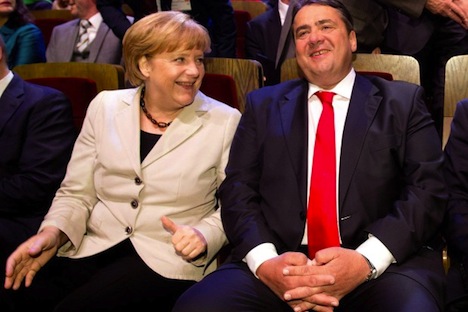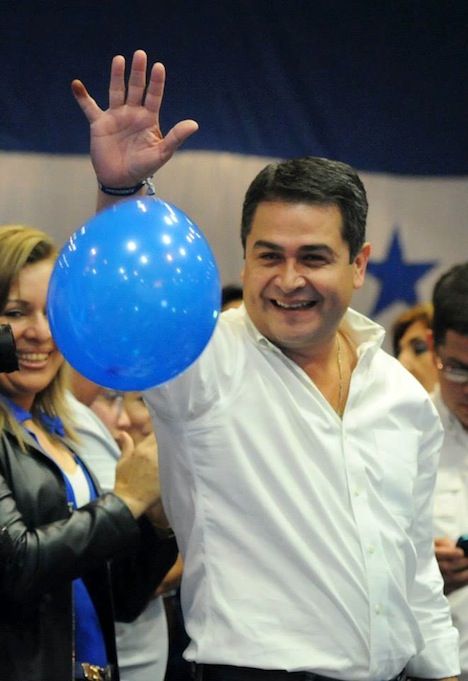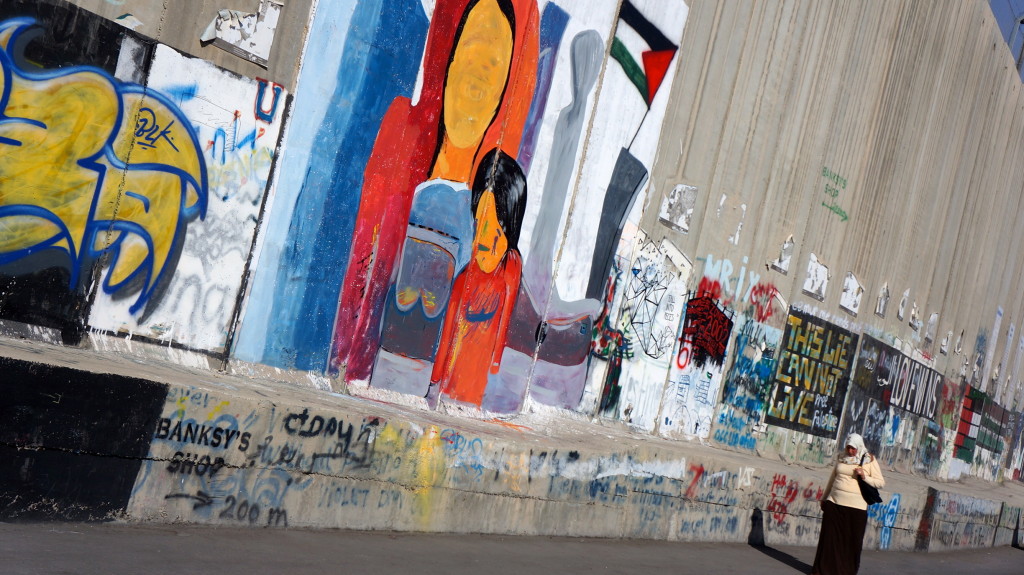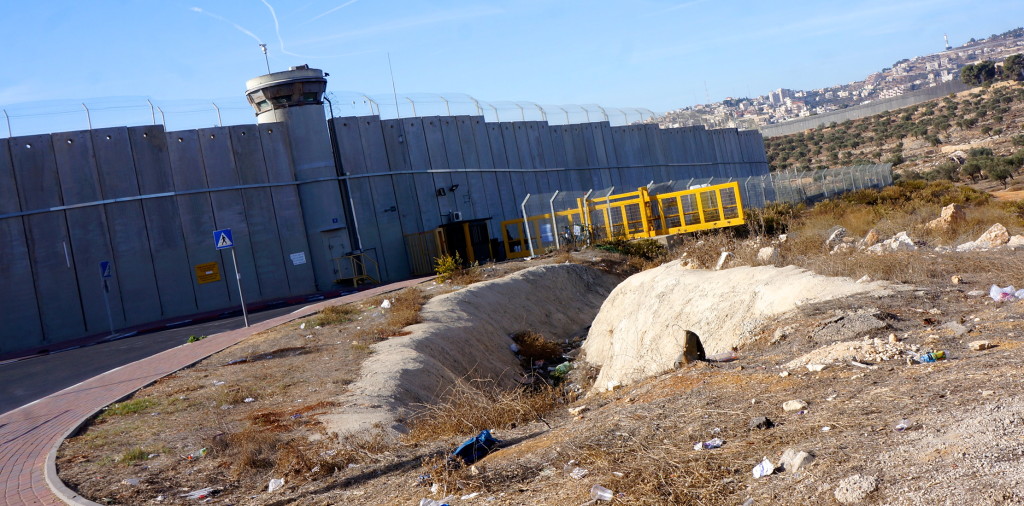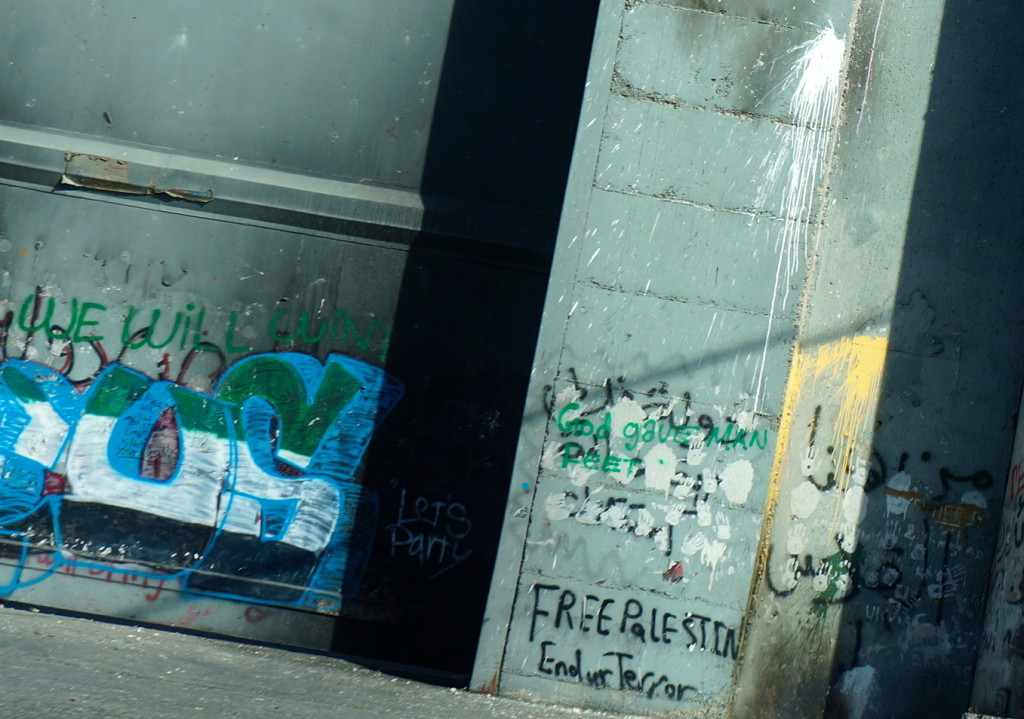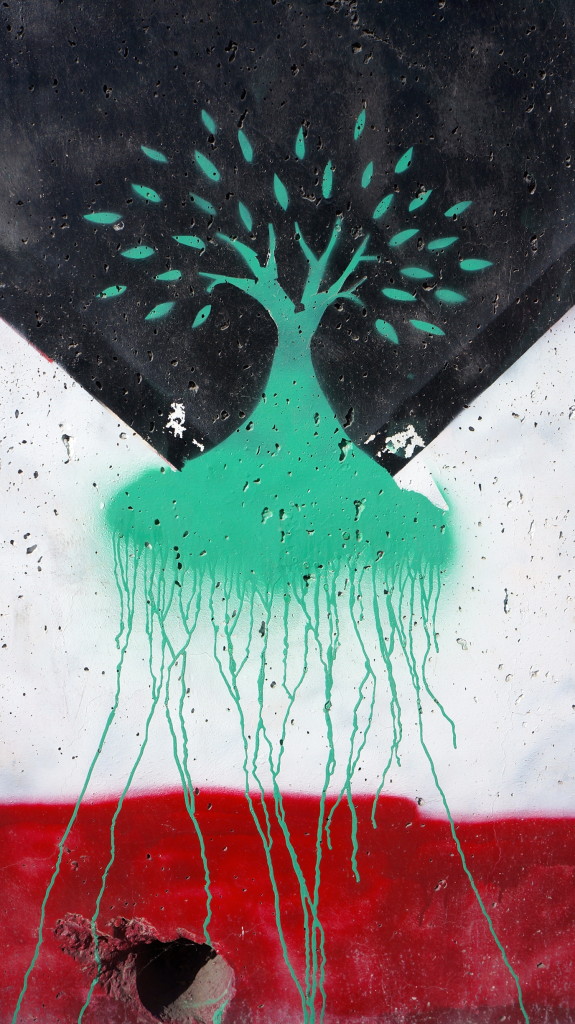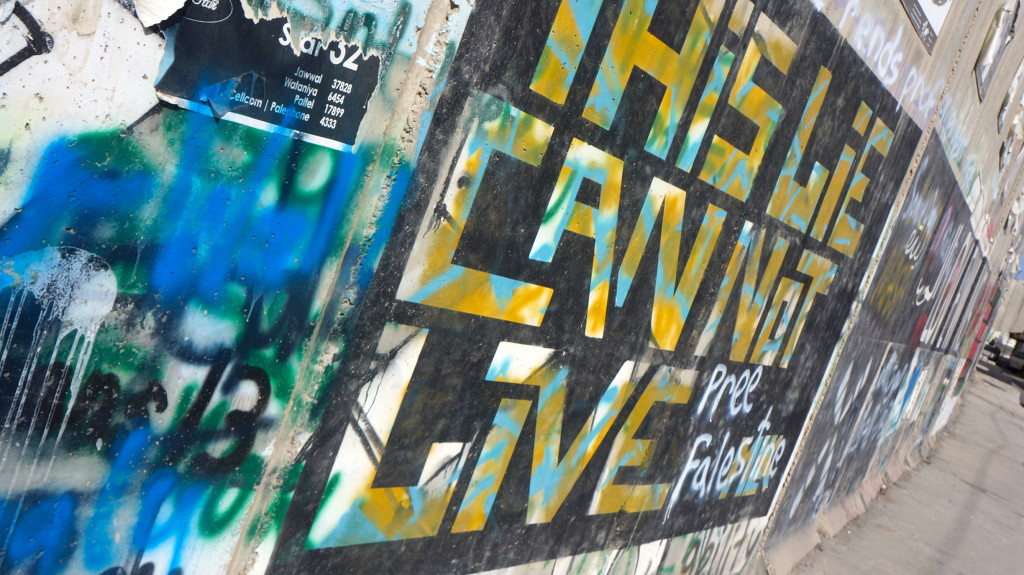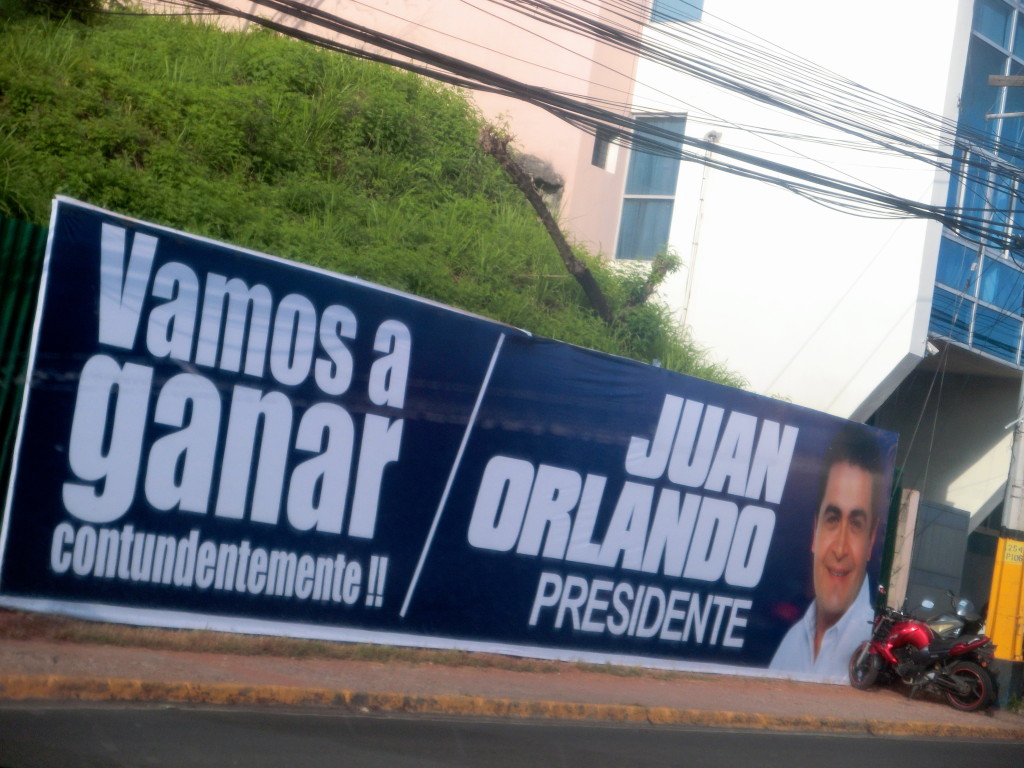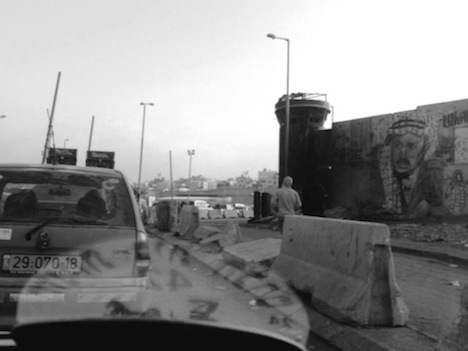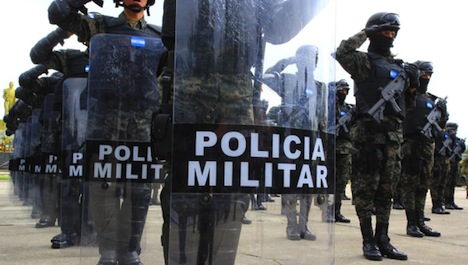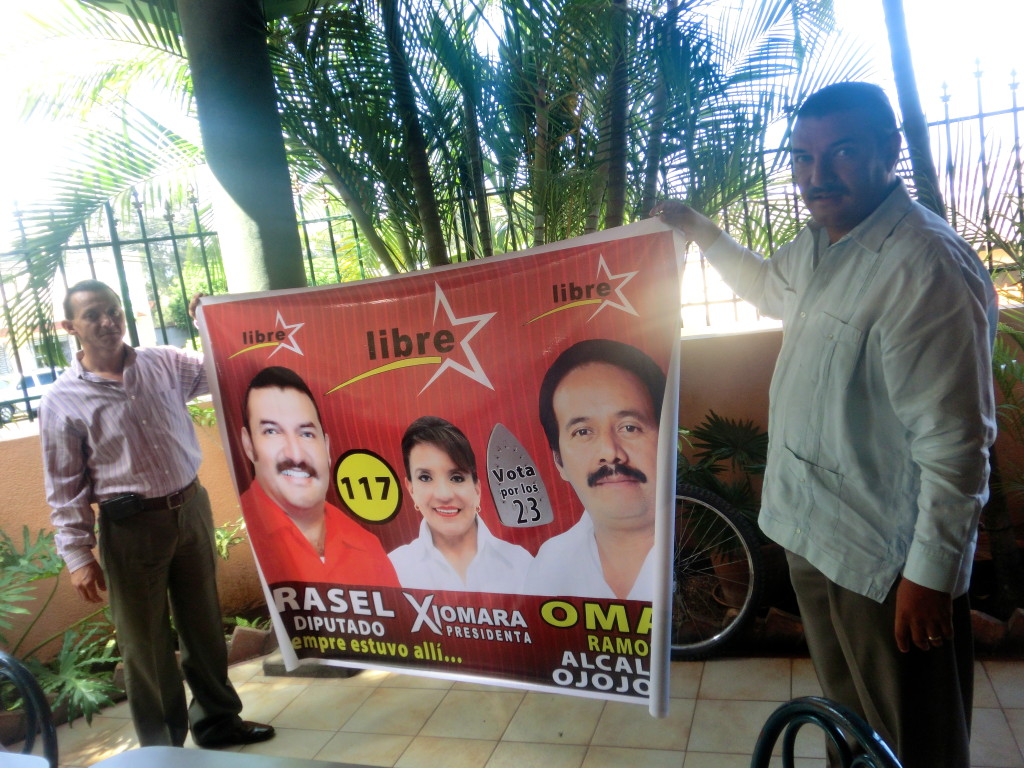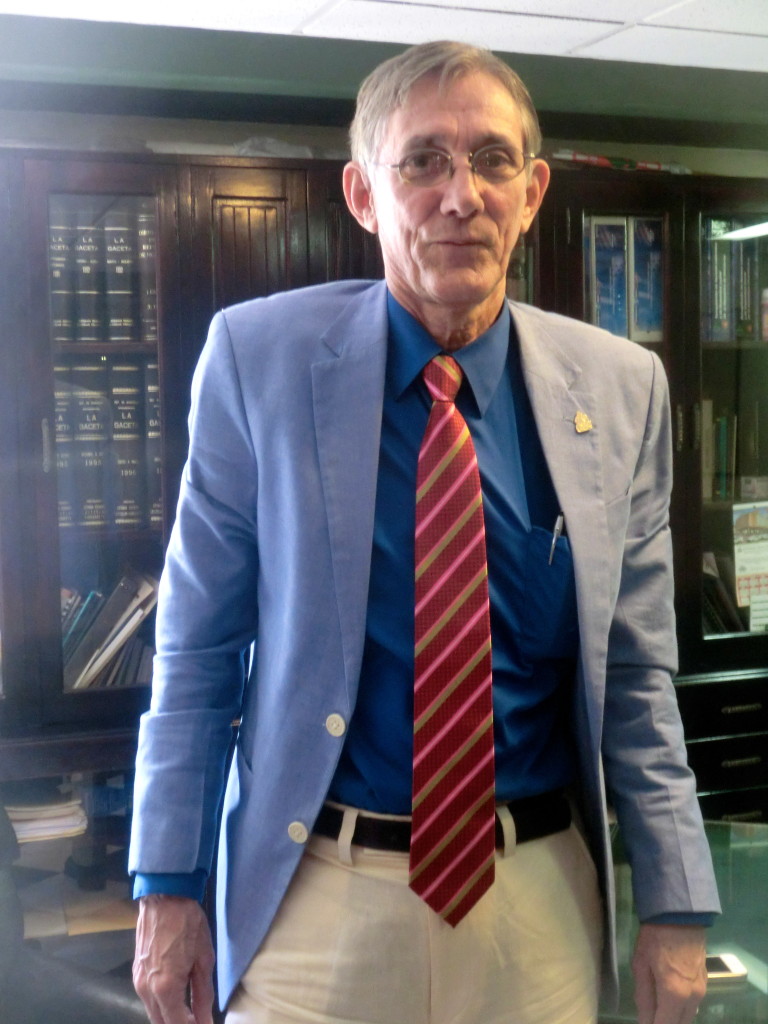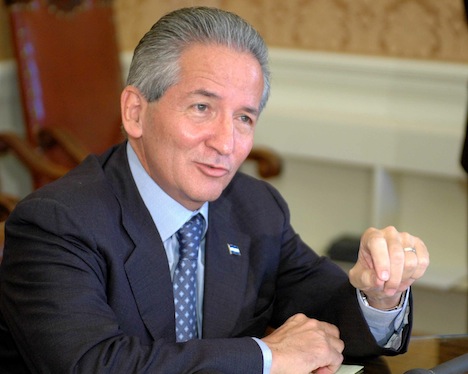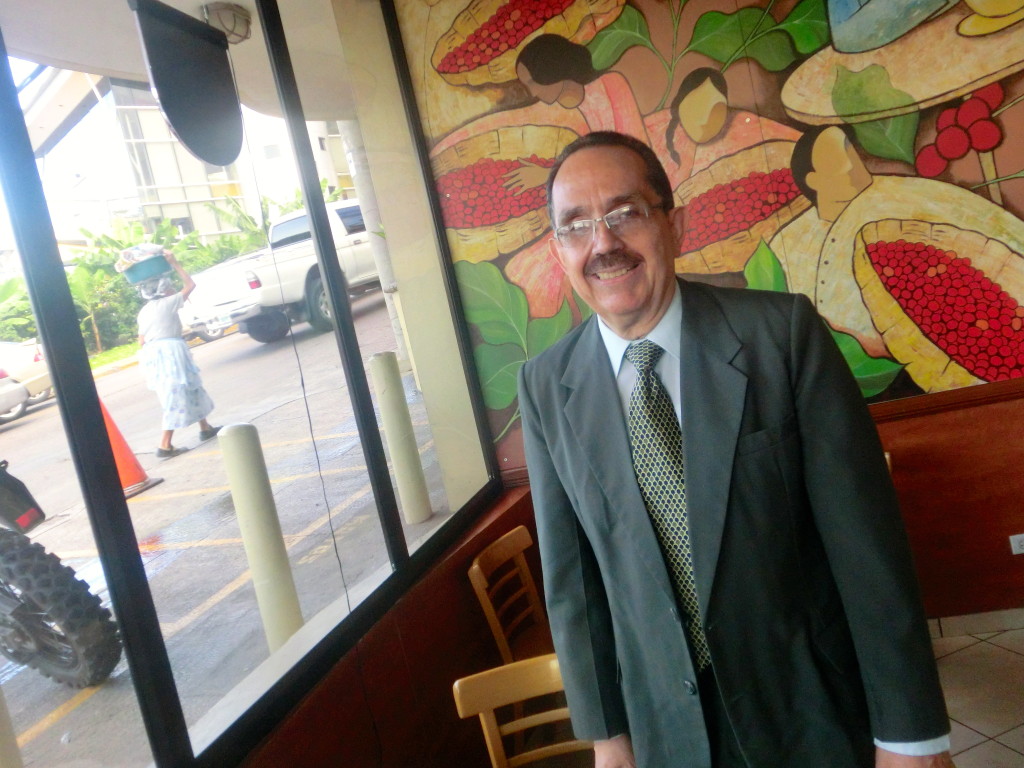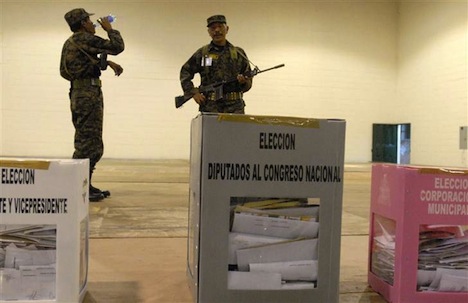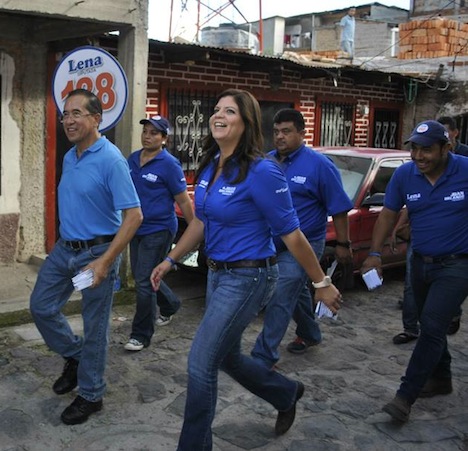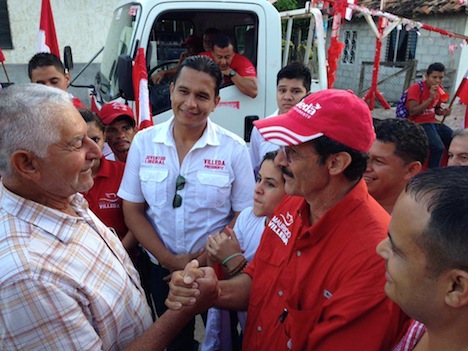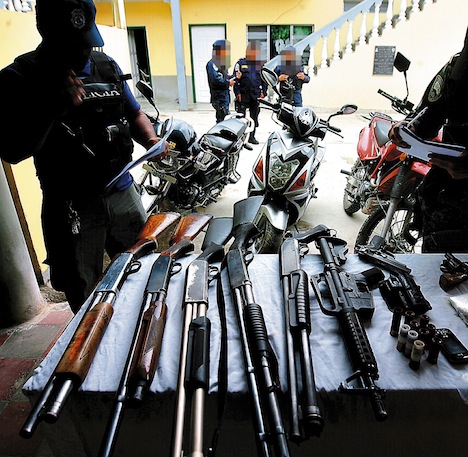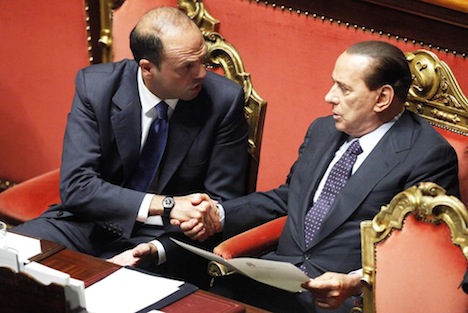With the holidays coming, German chancellor Angela Merkel’s goal was to have a coalition government in place by Christmas.![]()
Those plans took a huge leap forward today, as Merkel’s governing Christlich Demokratische Union Deutschlands (CDU, Christian Democratic Party), together with their more conservative Bavarian sister party, the Christlich-Soziale Union (CSU, the Christian Social Union) reached a coalition deal with the center-left Sozialdemokratische Partei Deutschlands (SPD, Social Democratic Party), paving the way for a return to the same ‘grand coalition’ that governed Germany between 2005 and 2009.
Generally speaking, the terms of the deal are as follows:
- A hike in the German minimum wage across the board to €8.50, a key concession from Merkel to the SPD.
- More regulation over employees and increases in pensions, both concessions to the SPD.
- The government will not raise any additional taxes or issue additional debt, maintaining a key CDU-CSU campaign pledge.
Sometimes feisty coalition talks lasted nearly a month, and the deal comes over two months after the election. Taken together, it represents a fairly generous deal for the Social Democrats, whose 470,000 party members will now vote in the next two weeks to either accept or reject the coalition deal — the ballot results are due on December 14.
The CDU-CSU hold 311 seats in the Bundestag, the lower house of Germany’s parliament, just five short of an absolute majority in the 630-seat Bundestag, following a tremendous victory for the CDU-CSU in the September 22 federal elections. Those elections saw the CDU-CSU’s previous coalition partner, the Freie Demokratische Partei (FDP, Free Democratic Party) wiped out completely from the Bundestag after failing to cross the 5% electoral threshold. Though the Social Democrats won 192 seats, it still represented their second-worst election result in the postwar period.
Though Merkel and SPD leader Sigmar Gabriel will announce further details as to the new government’s policy agenda later today, cabinet ministers won’t be named until after the SPD party membership vote. But it’s expected that CDU finance minister Wolfgang Schäuble will remain in his position (unlike in the first grand coalition, when the SPD’s Peer Steinbrück held the post). It’s also expected that Frank-Walter Steinmeier will return as foreign minister, a role he held during the first grand coalition. Gabriel is expected to become the SPD’s floor leader in the Bundestag or assume a super-charged economy ministry.
So what to expect next?
Merkel’s concessions — especially the €8.50 minimum wage — represent just about as far as the conservative chancellor could go, and it’s likely that Bavarian minister-president and CSU leader Horst Seehofer isn’t thrilled with the deal. (Seehofer, fresh off his own landslide victory earlier in September, is unlikely to leave his perch as Bavaria’s chief executive to take a job in Merkel’s cabinet.)
In particular, the minimum wage increase makes it much more likely that the Social Democratic rank-and-file consent to the government. If the party vote fails, it’s hard to see how there’s any appetite for a grand coalition, though I would expect Merkel and the SPD to take one last go before Germany moves to new elections — both because Merkel is anxious to get on with European governance matters and because the SPD still trails the CDU-CSU by a wide margin in polls, so Merkel could conceivably win an absolute majority if snap elections are held early next year. A Bild poll last week showed SPD voters only narrowly in favor of a deal by a vote of 49% to 44%, though at that point, Merkel was still resisting the SPD’s push for hiking the minimum wage.
If the deal is approved, however, don’t expect the grand coalition to work as smoothly as the first coalition. Continue reading Germany reaches coalition deal, faces SPD party vote
